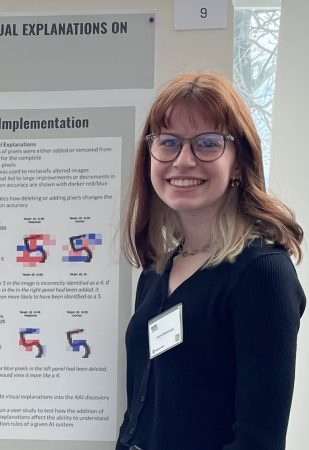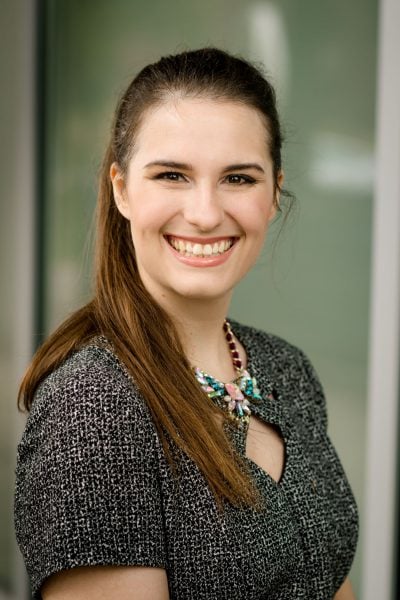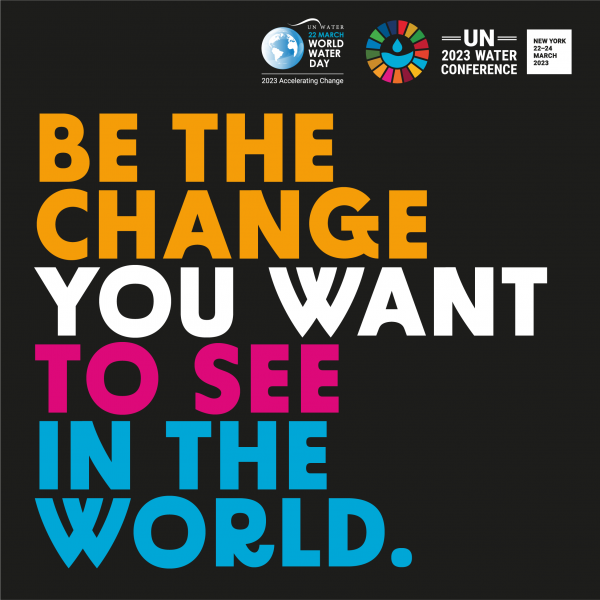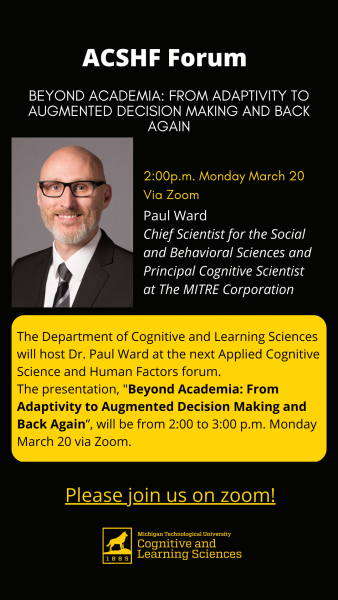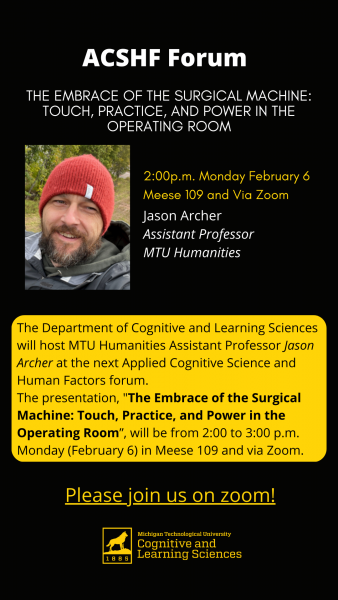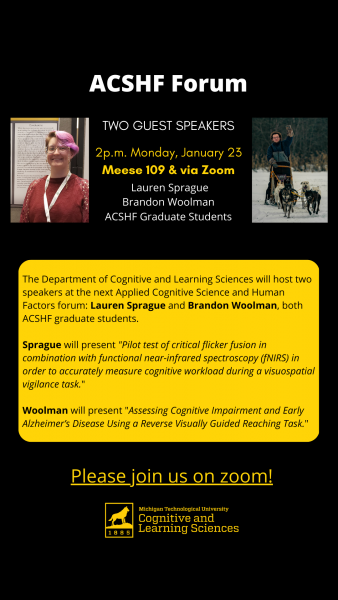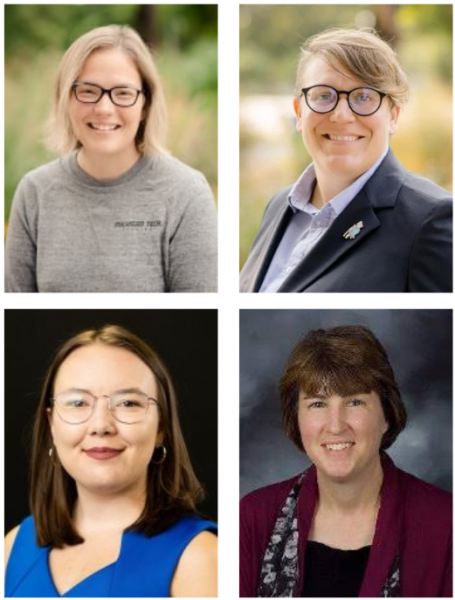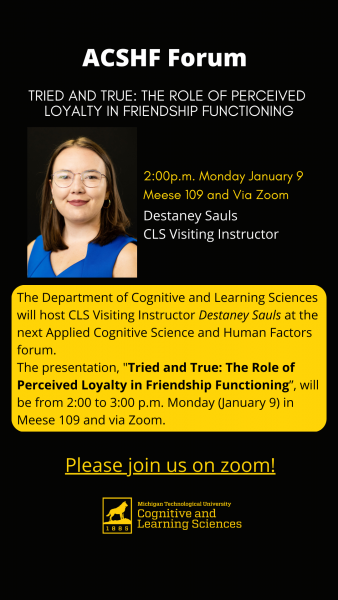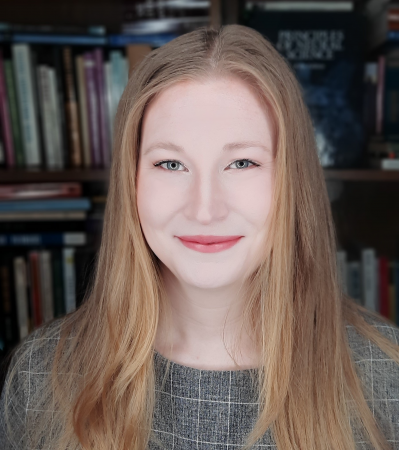The Department of Cognitive and Learning Sciences (CLS) has selected Hunter Malinowski for the 2023 Department Scholar Award. This award, presented to a student entering their senior year, who best represents scholarship at Michigan Tech and is considered excellent not only by academic standards, but also for participation in research scholarship activity, levels of intellectual curiosity, creativity, and communication skills. All department scholars are also nominated for the Provost’s Award for Scholarship to be selected later this spring.
In Hunter’s nomination to the Provost, CLS chair Kelly Steelman wrote, “Hunter is well respected among department faculty for her creativity and problem solving skills that have made her an excellent student and scholar. Her research experience has involved three major projects. During our standard PSY 3000/3001 coursework, she conducted a research project that combined her interests in psychology and computer science by testing and evaluating a scale about AI and machine learning understanding. Following that, she took research credit in Professor Shane Mueller’s laboratory, contributing to a number of research projects on human-AI interaction and explainable AI. Hunter co-authored a Human Factors and Ergonomics Society proceedings paper based on the results of this work1 which contributed to a larger project funded by DARPA. Following this, Hunter was supported through the URIP program to explore how different XAI feature visualization approaches interacted with example-based explanations–two distinct and popular forms of algorithmic explanation of AI that have not been fully combined.
Hunter’s accomplishments extend beyond the department and campus. She completed two internships with Ford Motor Company and received the award for Most Viable and Top Achiever in their 2022 Intern Innovation Challenges.”
Hunter, along with all 2023 department scholars, will be recognized at the Annual Student Leadership Awards Celebration on Friday, April 14, 2023.
Congratulations Hunter and best wishes for your senior year!
1 Mamun, T. I., Baker, K., Malinowski, H., Hoffman, R. R., & Mueller, S. T. (2021, September). Assessing collaborative
explanations of AI using explanation goodness criteria. In Proceedings of the Human Factors and Ergonomics
Society Annual Meeting (Vol. 65, No. 1, pp. 988-993). Sage CA: Los Angeles, CA: SAGE Publications.
Related story: Student Highlight: Hunter Malinowski
